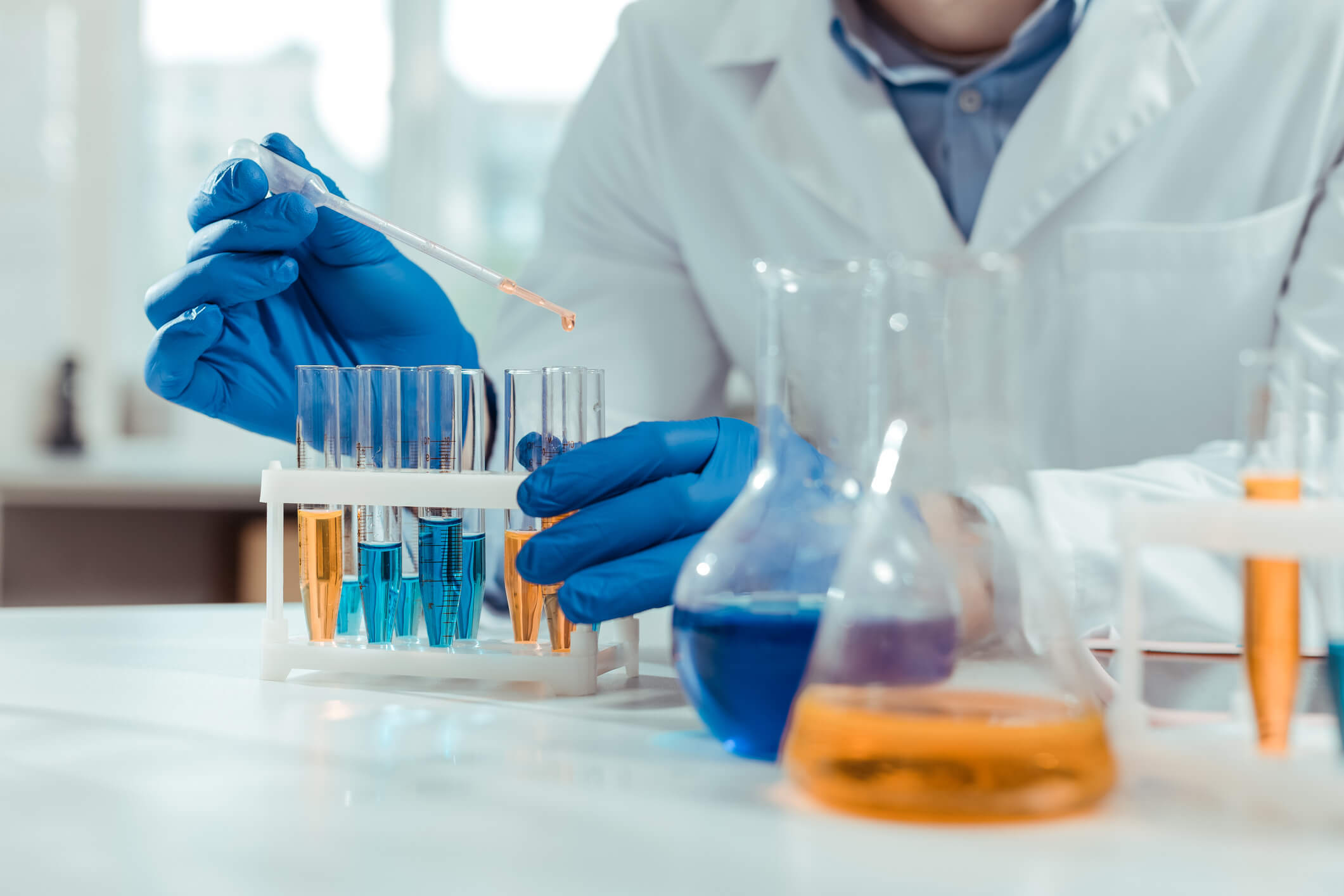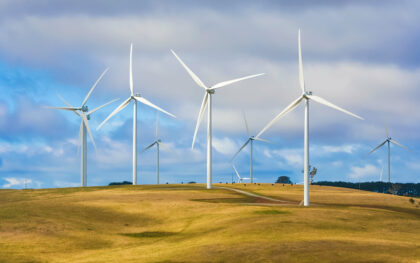Catalysis and Sustainable Chemistry
Overall Course Objectives
An interdisciplinary course which will give students a fundamental understanding of various main type catalysts, and knowledge of principles and methodologies applicable to obtain ressource effecient and sustainable chemical reactions.
The student should be able to synthesize different main type catalysts, characterize the structure of the materials on the nanometer scale and test the materials for catalytic activity, thus allowing them to establish structure-performance relationships.
Furthermore, it is expected that the student will be able to assess the sustainability of catalytic processes after completing the course.
Learning Objectives
- describe the most important industrial catalytic processes and catalysts
- describe the concepts of green and sustainable chemistry and use these to assess the sustainability of industrially catalyzed processes
- describe catalytic processes at nano-, meso- and macro-levels
- write a possible reaction mechanism for a catalyzed reaction and explain the electronic and steric factors which have influence on the reaction
- prepare selected heterogeneous and homogeneous catalysts for fluegas cleaning and chemicals production
- test selected heterogeneous and homogeneous catalysts and determine how the behavior is related to intrinsic and extrinsic properties of the catalysts
- select possible physico-chemical techniques to characterize heterogeneous and homogeneous catalysts and use these to establish relationship between structure and catalytic performance
- independently acquire knowledge about catalysis and catalysts from literature, and communicate this orally
- perform group work and independently present the results of a project and thereby illustrate key experimental and theoretical aspects of catalysis and sustainability
Course Content
Lectures, discussions in groups, and laboratory projects will combine to cover a broad range of subjects, e.g. main type catalysts and catalytic effects, preparation methods, reaction kinetics, process design, characterization techniques and structure and reactivity of model catalysts and industrial catalysts. Furthermore, a number of concepts of green and sustainable chemistry will be dealt with in relation to environmentally benign energy and chemicals production, e.g. multi-phase catalysis, life-cycle assessment and alternative reaction media.
The practical projects in the course will to some extent be part of the research performed at the Department of Chemistry where the students are expected to search the relevant literature.
Recommended prerequisites
Knowledge equal to the technological courses for the Bachelor study line in Chemistry and Technology
28241 Chemical Kinetics and Catalysis or 26124 Coordination chemistry
Teaching Method
Lectures, work in groups, laboratory exercises, and poster/report. The course comprise projects where you will work independently on synthesis, characterization and test of catalysts for production of chemicals and flue gas cleaning. The projects are concluded with dissemination of results.
Faculty
Limited number of seats
Minimum: 10, Maximum: 40.
Please be aware that this course has a minimum requirement for the number of participants needed, in order for it to be held. If these requirements are not met, then the course will not be held. Furthermore, there is a limited number of seats available. If there are too many applicants, a pool will be created for the remainder of the qualified applicants, and they will be selected at random. You will be informed 8 days before the start of the course, whether you have been allocated a spot.




